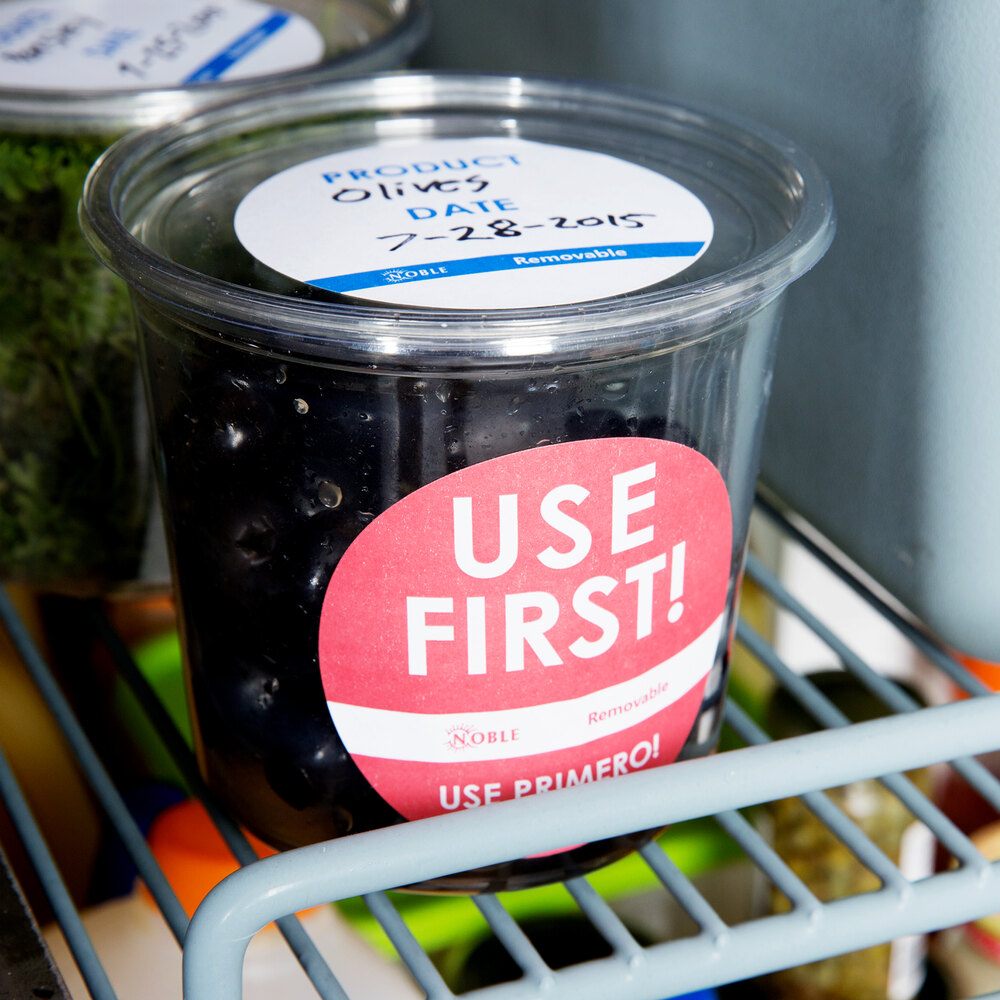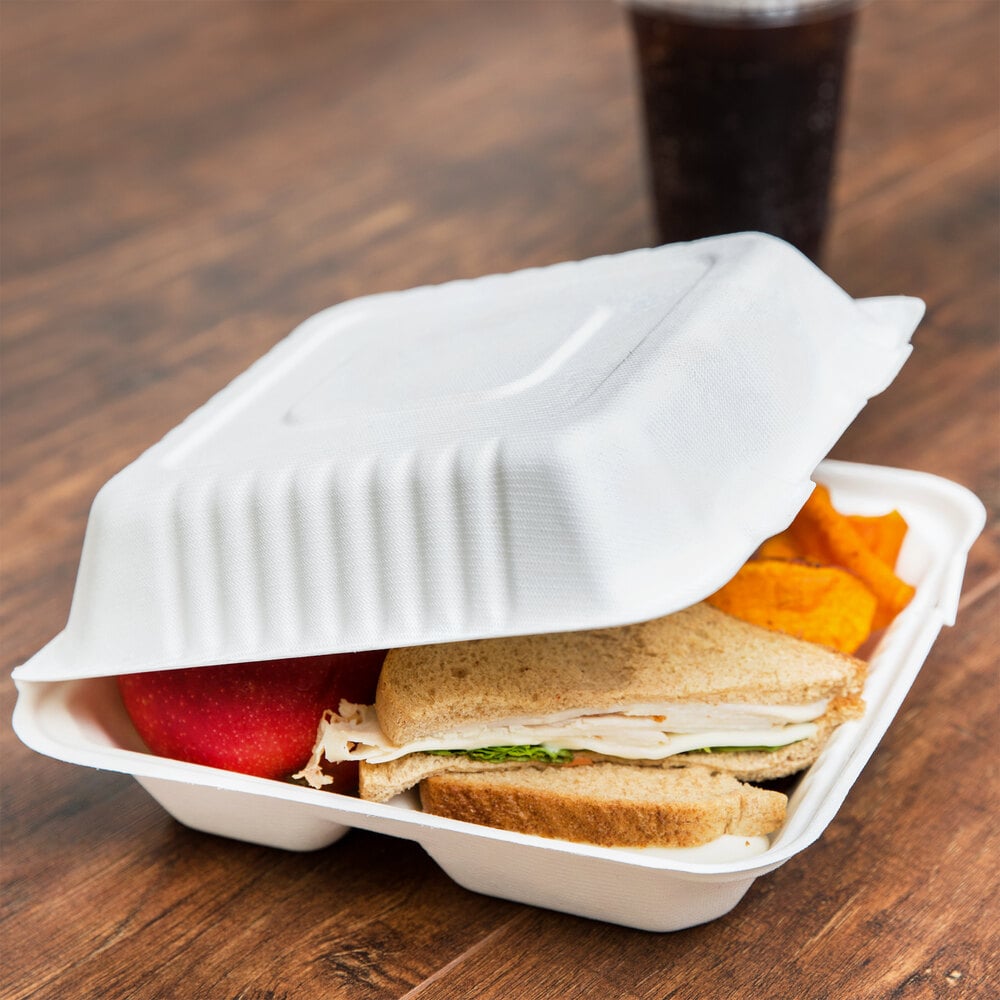Real Social Responsibility - How restaurants can prevent wastage.
Here's how restaurants can prevent wastage :)
What is a Food Waste Audit?
The first step to reducing waste is to find out how much you’re wasting to begin with and what kind of waste your establishment is producing. The primary goal of a waste audit is to identify where your operation's waste comes from, so you can then find ways to reduce it.
The staff have to contribute answers to the big questions.
What are the biggest contributors to food waste in your kitchen? Why are specific items thrown out?
An easy way to think about next steps is to break up waste types into three categories:

- Pre-consumer waste - food that doesn’t even leave the kitchen
- Post-consumer waste - food that’s purchased by a customer, but not eaten
- Disposables - things like paper goods, plastic utensils, and packaging
PRE CONSUMER WASTE
- Evaluate inventory - If you find that food sits around too long in storage, make sure you’re not ordering too much.
- Maximize shelf life - If ingredients you need are going bad before you have a chance to use them, make sure perishables are being properly stored so that you’re not wasting ingredients before they are even cooked.
- Find ways of repurposing ingredients - Try making day-old bread into croutons, or put leftover turkey meat into a soup. Similarly, an innovative chef will be able to transform excess ingredients into a daily special.

- Train staff to reduce waste - Make sure your staff knows how much ingredients cost. Train them to treat each ingredient as if they bought it with their own money. Proper preparation techniques also help to reduce waste of perfectly good food.
- Keep stock organised
- Offer staff meals
- Consider donating food
- Food scraps can be used for animal feed

POST CONSUMER WASTE
- Monitor portion sizes but ALSO...
- Manage customer expectations
- Track the popularity of each dish
- Encourage guests to take their food home with them

DISPOSABLES
- Customer Incentives - If you own a cafe or convenience store, you can set up a discount for customers who bring their own to-go mugs.
- Compostable Products - If there’s absolutely no way around using disposable items, try to choose items that are biodegradable whenever possible.
Alternative Waste Disposal Options
- Composting -Composting centers are still gaining ground and therefore not as widespread as traditional landfills.
- Recycling - Recycling is a simple way to deal with plastic, cardboard, and glass waste that cannot be avoided, and many restaurants already implement it to reduce their environmental footprints.




Comments
Post a Comment